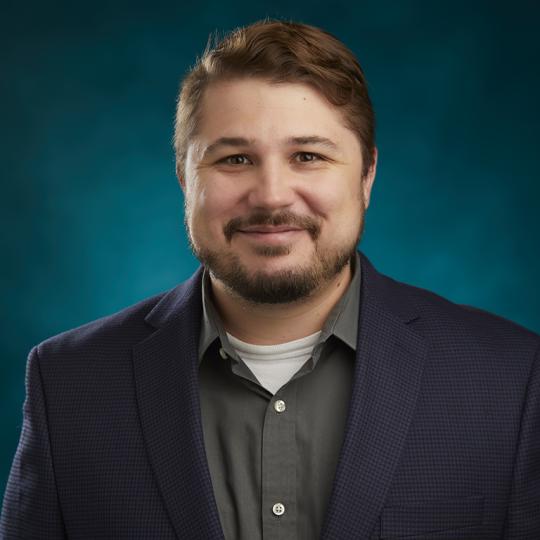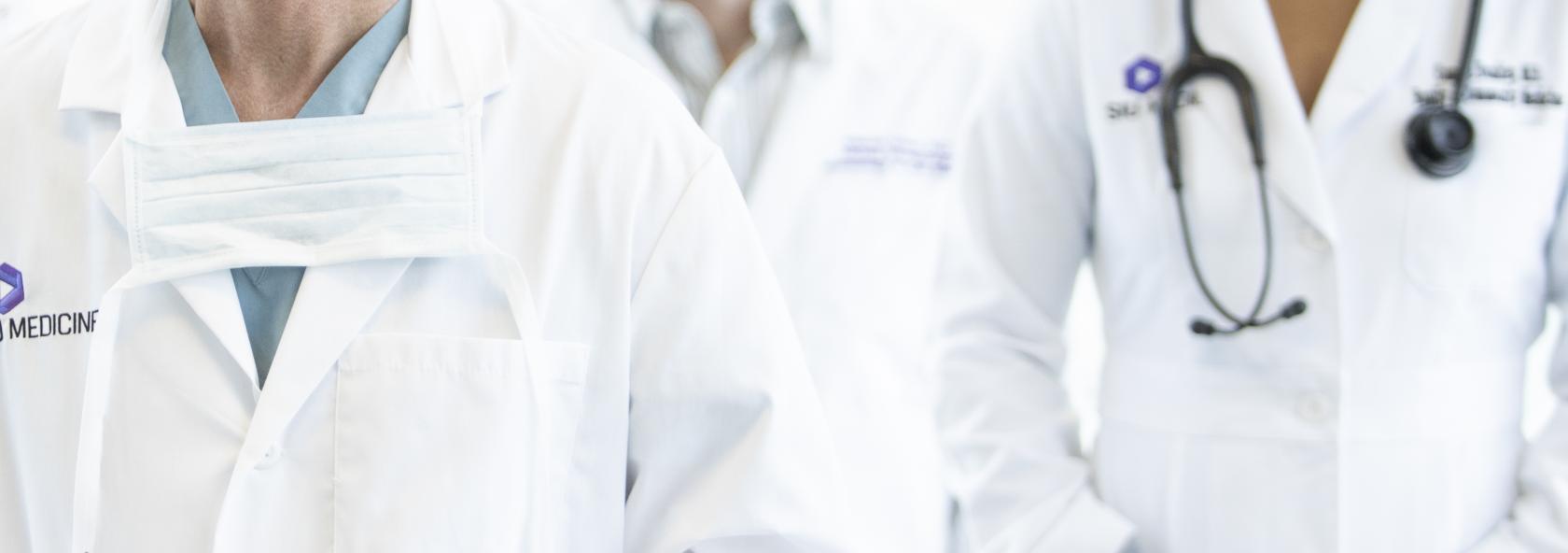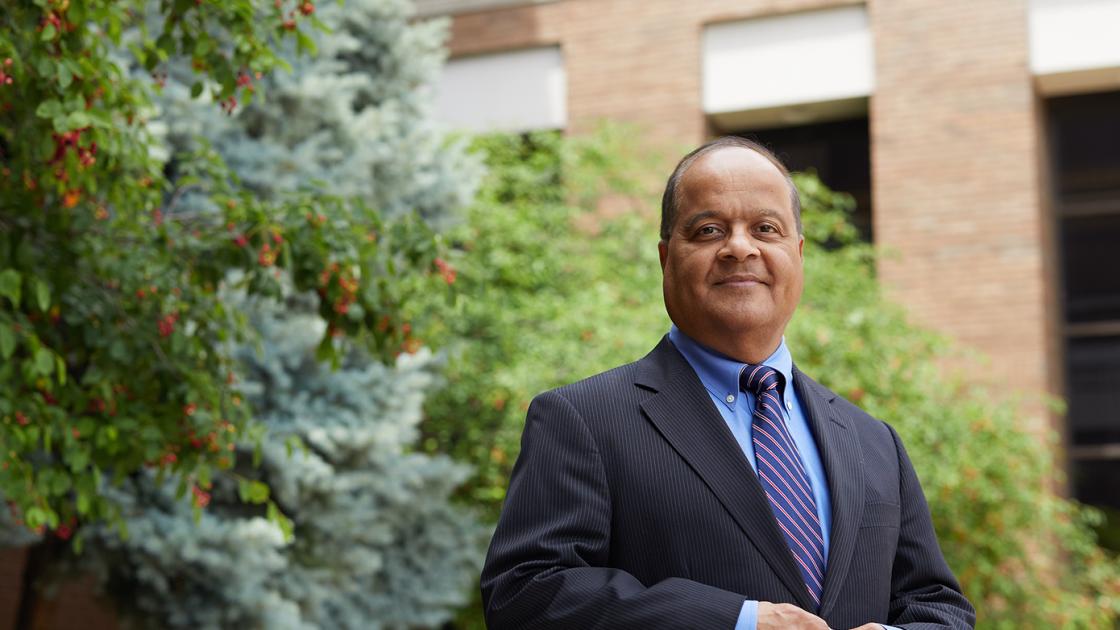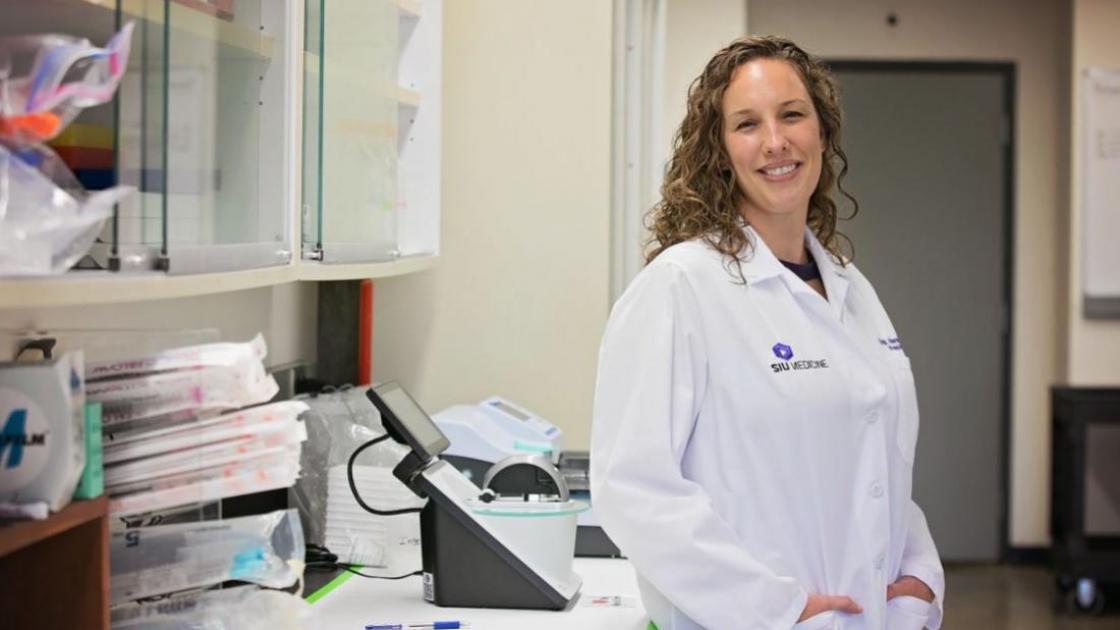
The Neuroscience Institute is the only state-approved, academically-based facility of its kind in central and southern Illinois.
The Neuroscience Institute consolidates SIU’s Departments of Neurology, Neurosurgery and Psychiatry into a single-site outpatient clinical care center staffed by more than 50 neuroscience providers. The institute cares for patients with a range of disorders including stroke, Alzheimer’s disease, brain tumors, epilepsy, Parkinson’s disease, Lou Gehrig’s disease, spine disease, schizophrenia, anxiety and depression.
By combining the breadth of experience from those within the Departments of Neurology, Neurosurgery and Psychiatry, patients receive comprehensive and coordinated care. Experts work closely together to provide patients with greater accessibility and faster appointment times, often on the same day.
Our specialties include:


“It is an honor and privilege to guide the neurology and neuroscience teams at SIU,” said Jayant Acharya, MD, DM. “I plan to harness the intelligence, creativity and commitment of our faculty, staff and trainees using a collaborative, relationship-centered leadership approach to help SIU medicine meet its vision of improving health for everyone in our community and beyond.”

Neurosurgery experts at the Neuroscience Institute sought a better way to delineate between healthy brain tissue and brain tumors. As part of that quest, SIU Medicine participated in a groundbreaking study to determine the safety and benefit of using 5-aminolevulinic acid (5-ALA) during surgery.
When doctors remove a tumor from the brain, it is important that they remove as much of the tumor as possible and not remove parts of the healthy brain tissue. Sometimes this can be difficult because the tumor can look like healthy brain tissue. In some brain tumors, 5-ALA can make the tumors glow red under deep blue light (a "black light"). 5-ALA is a naturally occurring substance that is found in all living things, including humans, and is a necessary part of basic life functions.

Medical students have many opportunities to dive deeper into basic and clinical research throughout their four years at SIU School of Medicine. The Mentored Professional Enrichment Experience provides students with the chance to work with physicians and researchers at SIU or other medical campuses. Students can take the eight-week elective between their first and second years of medical school.
“As students learn medicine, it’s important that they also understand the value of research as part of the health care field,” said MPEE Program Coordinator Eric Niederhoffer, PhD, associate professor of biochemistry and molecular biology in Carbondale.
Physiatry is a clinical specialty that focuses on optimizing the function and quality of life in people with a wide range of physical impairments, disabilities and conditions. It’s also known as physical medicine and rehabilitation (PM&R).
Physiatrists diagnose and treat medical conditions caused by injury, illness, or disease affecting the nervous system (brain, spinal cord, nerves) and musculoskeletal system (bones, joints, ligaments, muscles, and tendons). Conditions commonly evaluated by physiatrists include:


Your gift to SIU School of Medicine impacts our communities and supports our vision of better health for all.






